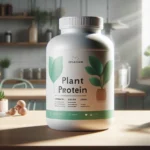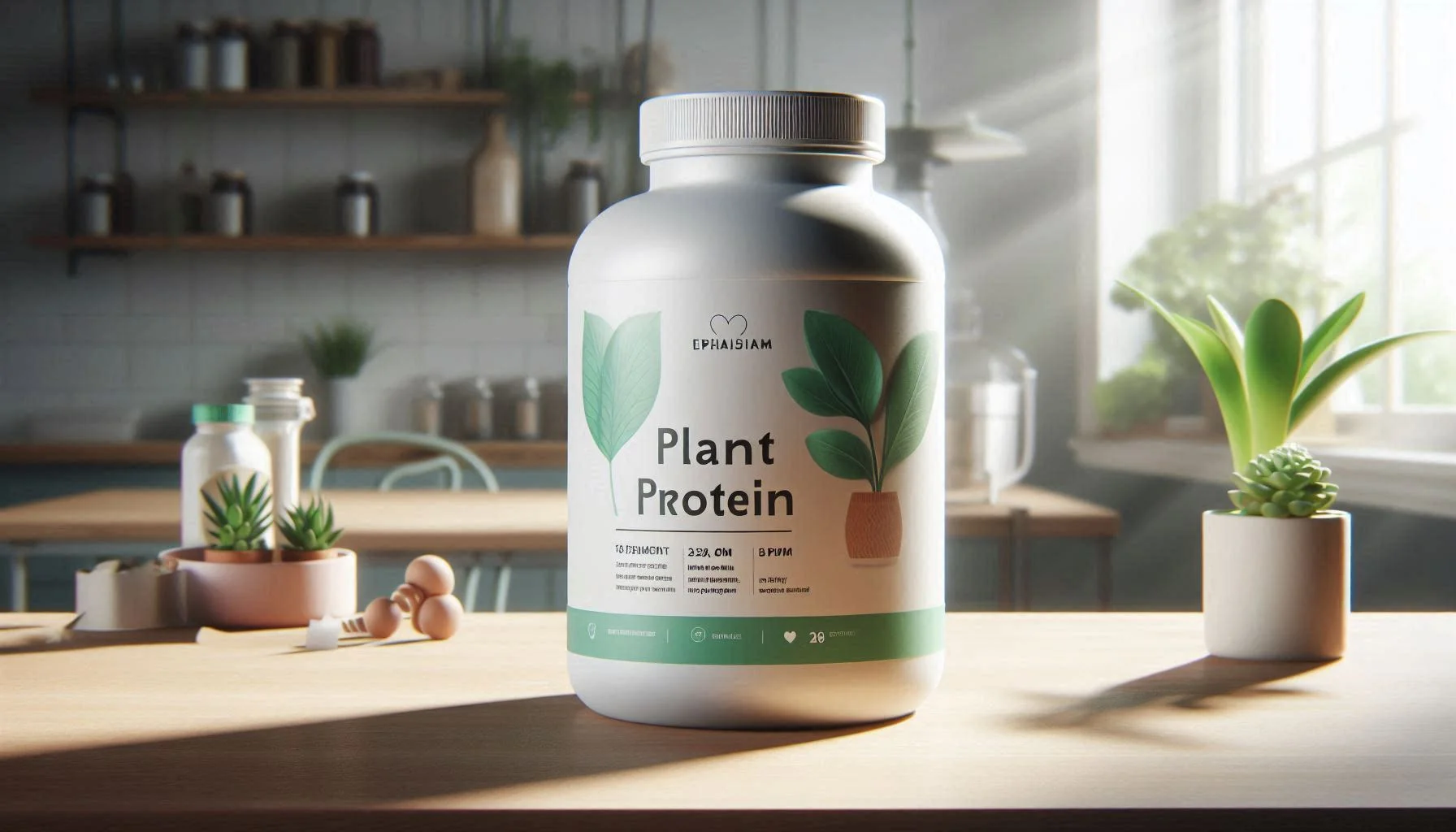Sea moss benefits have gained immense popularity as a superfood. This nutrient-dense marine algae contains essential minerals, vitamins, and bioactive compounds that support gut health, enhance skin vitality, and promote overall well-being
What Is Sea Moss?
Sea moss is a broader term for a type of red algae also known as seaweeds. Two species, Chondrus crispus (Irish moss) inhabiting Atlantic Ocean and Kappaphycus alvarezii, from warmer tropical waters are primarily known for their benefits. Biologically, it belongs to the phylum Rhodophyta, characterized by its reddish pigments. The food industry widely uses carrageenan for its gelling, thickening, and stabilizing properties.
Historical Significance of Sea Moss
Various cultures across the world consider sea moss, particularly Chondrus crispus (Irish moss) beneficial for its nutritional and medicinal properties. Evidence suggests its use in Chinese medicine as early as 600 B.C. and as a food source in the British Isles by 400 B.C.
In Ireland, it became a important survival food during the Irish Potato Famine in the 19th century, leading to its common name, “Irish moss.” Irish immigrants later introduced seaweed farming to the United States, and during World War II, sea moss gained popularity as a substitute for agar as a food thickener. While its consumption declined after the famine, it has recently gained popularity due to growing awareness of its nutritional value and influence from the health and wellness community.
In the Caribbean, sea moss acts as a natural source for remedy to boost immunity, enhance libido, and support respiratory health. Additionally, indigenous communities have traditionally relied on it as a thickening agent in soups and broths, as well as a topical treatment for skin conditions and wounds. Today, this ancient superfood continues to be embraced for its holistic health benefits.
The Nutritional Powerhouse of the Ocean
Sea moss is rich in bioavailable nutrients, including:
- Iodine – Essential for thyroid function and metabolism regulation.
- Magnesium – Supports nerve function, muscle health, and hydration.
- Iron – Crucial for red blood cell production and oxygen transport.
- Calcium – Strengthens bones and teeth.
- Zinc & Selenium – Play vital roles in immune defense and skin health.
- Prebiotic Fiber – Aids in gut microbiome balance.
With over 90 trace minerals, sea moss serves as a powerhouse of nutrition, offering numerous health benefits.
Sea Moss for Gut Health
1. Prebiotic & Digestive Support?
Sea moss contains polysaccharides such as carrageenan, which act as prebiotics—substances that nourish beneficial gut bacteria (Bacteroides and Firmicutes). A balanced gut microbiome is essential for digestion, nutrient absorption, and immune function. (ref)
Contraindications: Few Conflicting researches exhibits evidence suggesting that Carageenan mat actually promote inflammation in Irritable Bowel Syndrome. However, most of these studies have been done in mice and new research is still needed for humans.
2. Gut Inflammation and Mucosal Health
Inflammation is a key symptom in gut disorders like irritable bowel syndrome (IBS) and leaky gut syndrome. Few researches say carrageenan whose basic structure contains sulfated polysaccharides, has been found to exhibit anti-inflammatory and gut-protective properties by increasing production of inflammation reducing Interleukins. (Reference)
Contraindications: Few clinical studies in mouse/animal models emphasize that Carrageenan, actually promotes inflammation, disrupt gut barrier lining, inhibits protein effective against bacterial infection. (Reference)
Contraindications
While sea moss is generally safe for consumption, excessive intake can lead potential side effects as below
Thyroid Conditions
Sea Moss has high iodine content. While iodine is essential for Thyroid Function, excessive intake can disrupt Thyroid hormonal balance.
Allergies Individuals with any thyroid condition should consult their doctor before using sea moss.
Allergies
People with sea food allergies may develop allergy to sea moss. Commercially available Sea Moss may have traces of other sea food or non edible sea moss.
Advice: People with allergies to sea food or sea weed or other animal derived food should avoid Sea Moss. It should always be consumed with caution.
Digestive Disorders
Sea moss contains carrageenan, which, in some individuals, may trigger or worsen digestive issues, particularly in those with inflammatory bowel disease (IBD) like Crohn’s disease or ulcerative colitis. Its high fiber content can also cause digestive discomfort (bloating, gas) in some.
Advice: People with sensitive digestive systems or IBD should be cautious and monitor their symptom while consuming Sea Moss
How to Incorporate Sea Moss into Your Diet
Sea moss is available in various forms, including raw, gel, powder, and capsules. Here are some simple ways to integrate it into your daily routine:
- Smoothies – Blend a spoonful of sea moss gel with fruits and plant-based milk.
- Soups & Stews – Add sea moss gel to broths for a mineral-rich boost.
- Face Masks – Mix sea moss gel with honey and turmeric for a hydrating face mask.
- Capsules or Powder – An easy way to consume sea moss for those who prefer supplementation.
Verdict?
There are lot of conflicting research offering contrasting information on Sea Moss Benefits. Effects of carrageenan which is main bioactive component of Sea Moss. However, readers should understand that the actual clinical effects of consuming sea moss can vary widely. Genetics, environment, existing digestive disorders, and lifestyle all play important roles in how an individual may respond.
his overview presents sea moss as a healthy food for most people, but individuals with digestive issues like Irritable Bowel Syndrome (IBS) or similar conditions should avoid consuming it.
Disclaimer
This article provides information for educational purposes only and does not replace medical advice or professional consultation. While researchers recognize the potential health benefits of sea moss (Chondrus crispus), individuals may experience different effects depending on their health conditions, medical history, and current medications. Because sea moss contains high levels of iodine and other bioactive compounds, it may not suit everyone—especially those with thyroid issues, autoimmune disorders, or those receiving specific medical treatments. Always consult a licensed healthcare professional before adding sea moss to your routine.
Readers are strongly advised to seek the guidance of a qualified healthcare provider prior to initiating the use of sea moss or any dietary supplement, especially in cases of pregnancy, lactation, chronic illness, or prescribed medication use. The author and publisher assume no responsibility or liability for any adverse effects, loss, or damage resulting directly or indirectly from the use or application of the information provided in this article.









